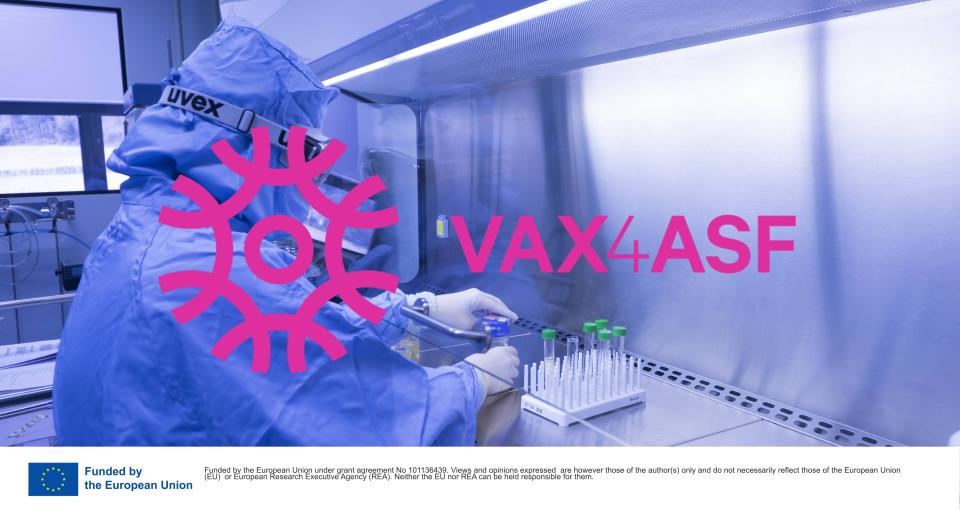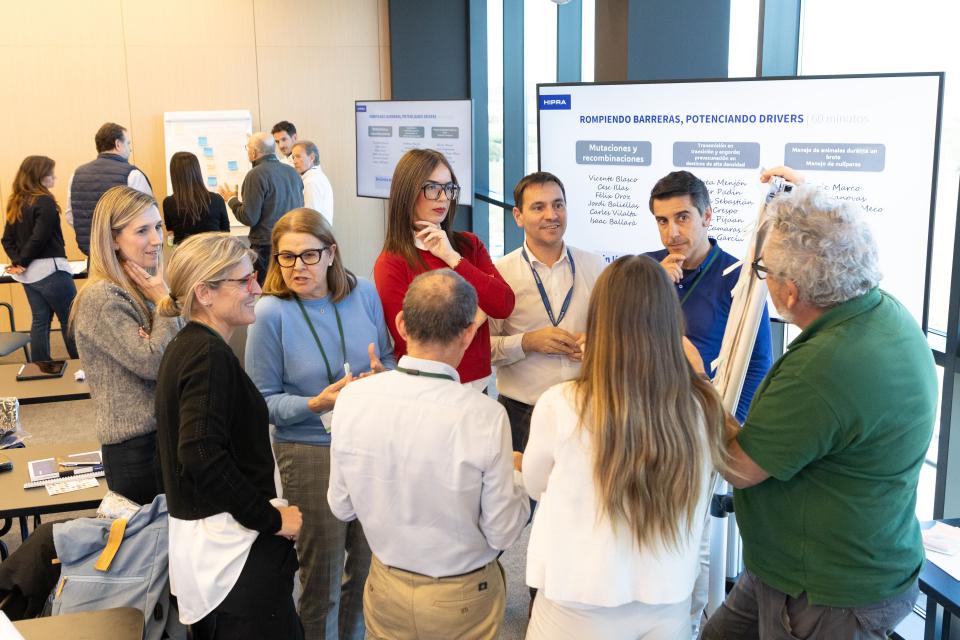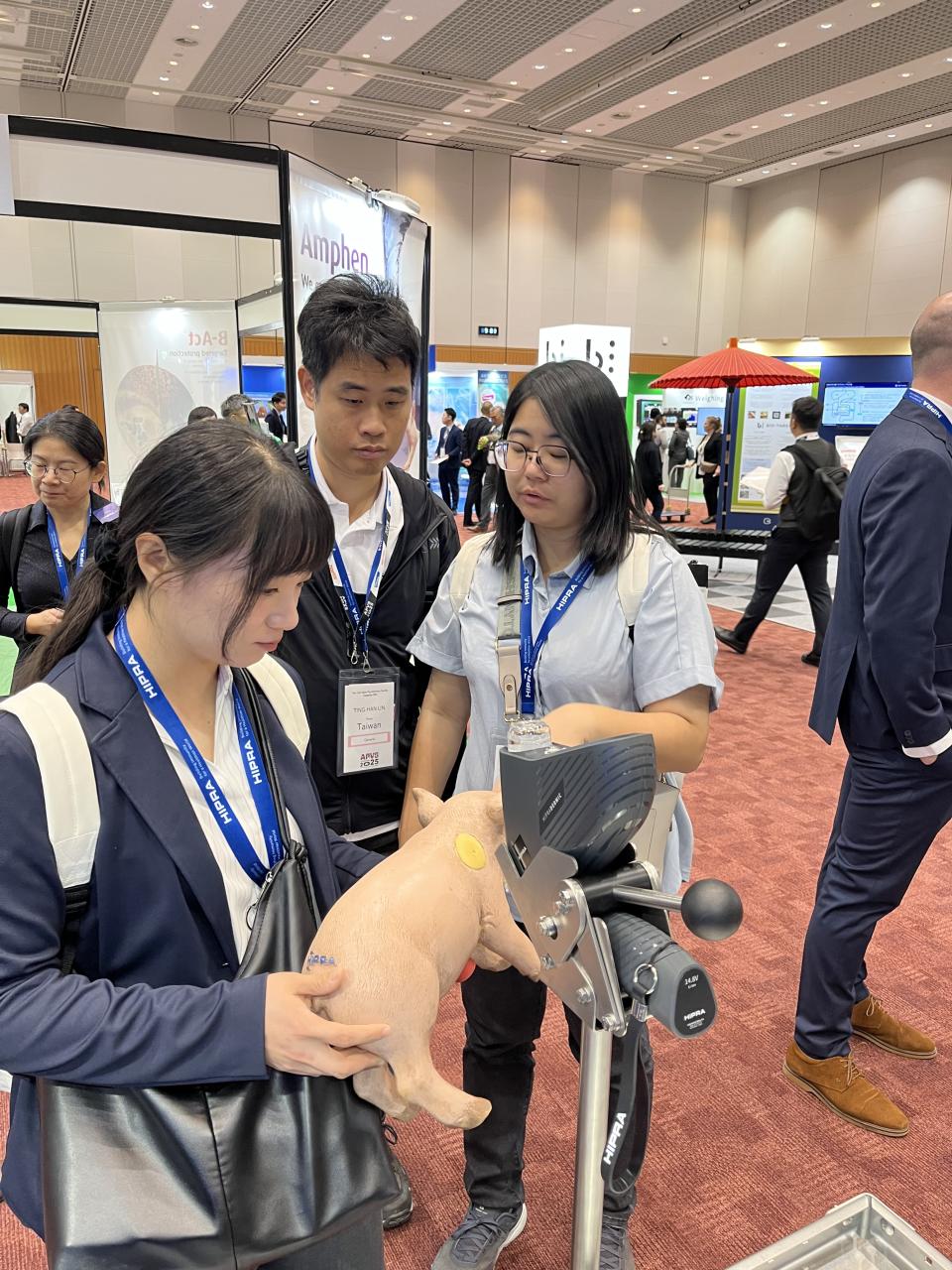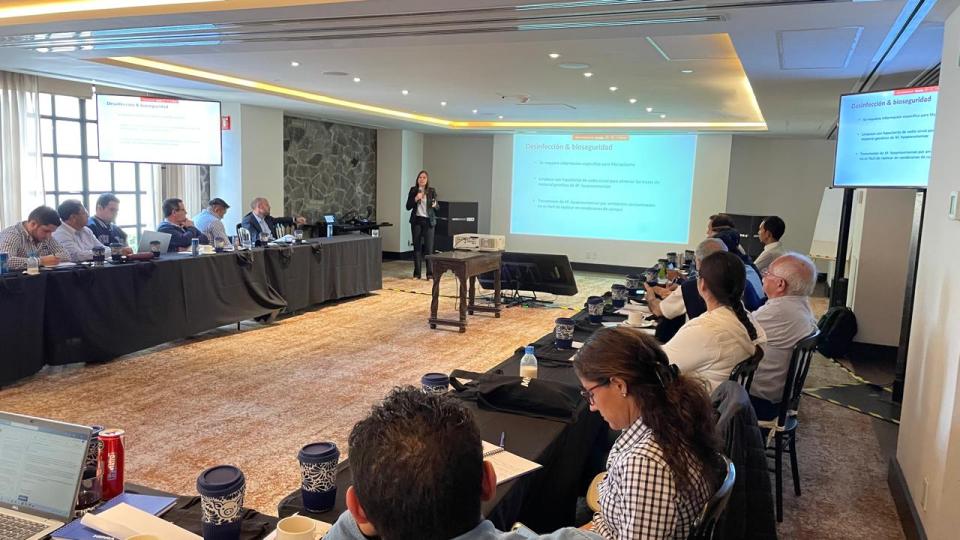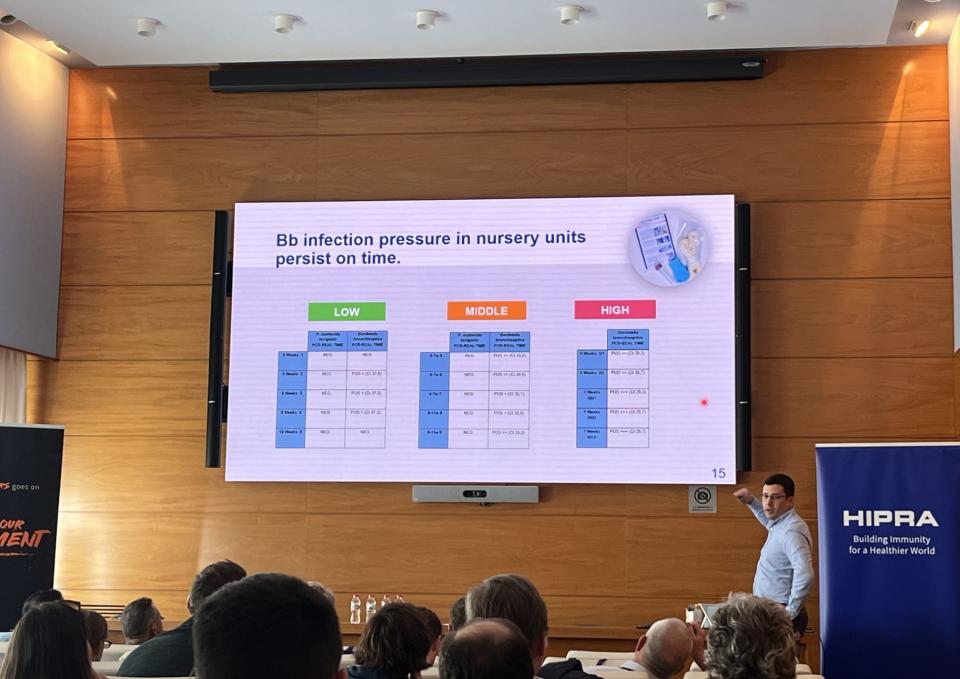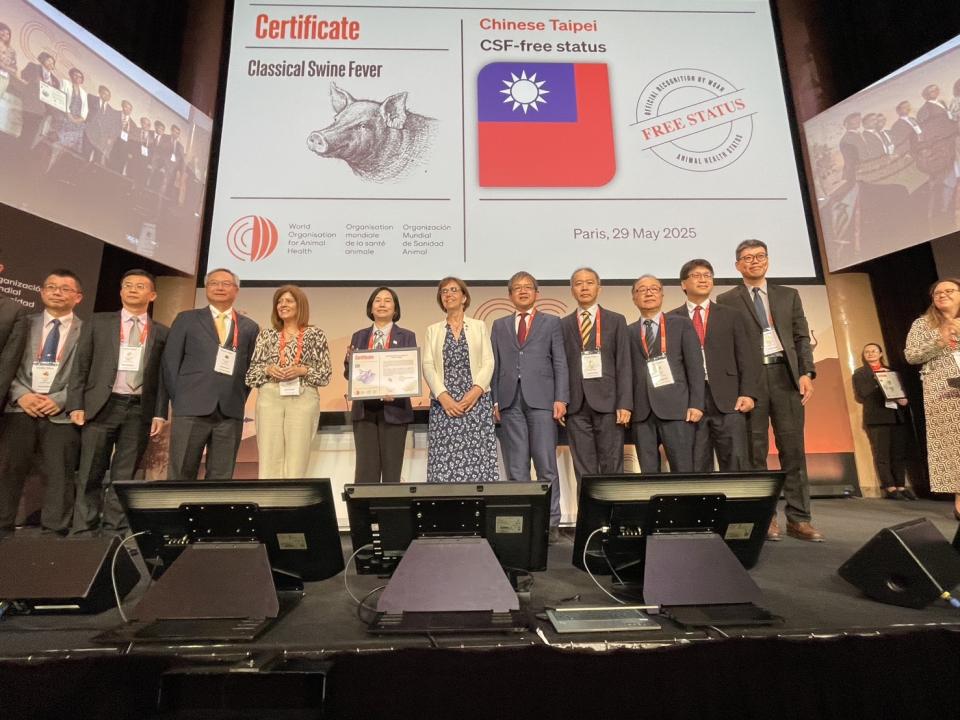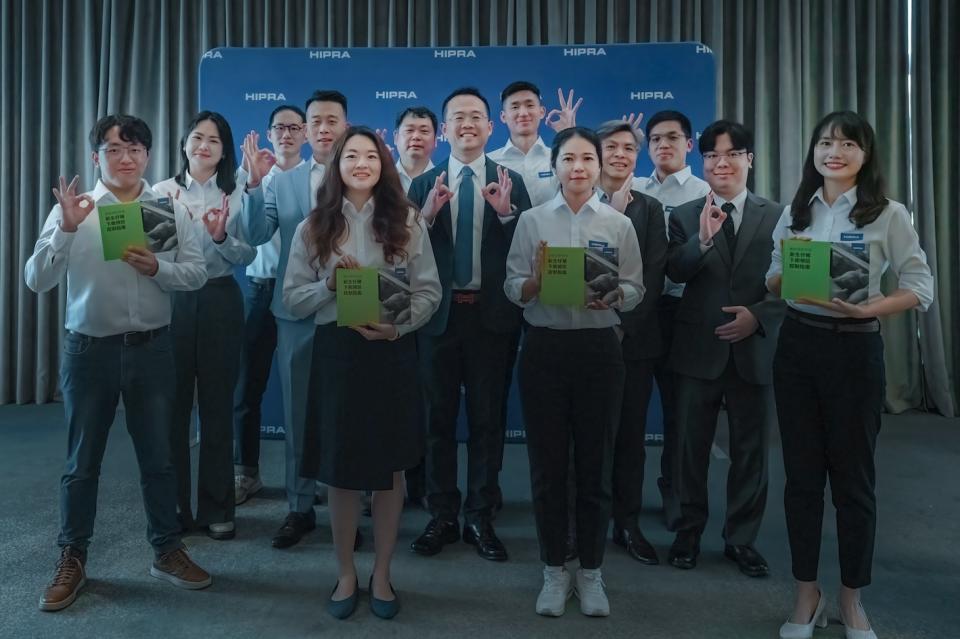Backed by Horizon Europe and led by HIPRA, the 4-years project bets on the potential of live attenuated vaccines to develop an effective, enduring, and secure solution against ASF virus, contributing to animal welfare, global economic stability, and rural communities.
ASF has impacted 52 countries across five world regions, resulting in over 126,000 pig and 30,000 wild boar infections, with more than 1,809,000 animal losses since January 2021, as outlined in the most recent report from the World Organization for Animal Health (OIE).
The European project VAX4ASF —New Technologies for African Swine Fever (ASF)— begins with the aim of developing a next-generation vaccine against ASF virus, finding a means to eradicating the disease globally.
Led by the biotechnological pharmaceutical company HIPRA and supported by the European Union under the Horizon Europe program, the goal of VAX4ASF is to provide a definitive, effective, and safe solution against the highly contagious, unpredictable, and complex ASF virus that affects pigs and wild boars, causing high mortality among the affected animals. The project aims to innovate based on previous vaccination approaches and strategies with the potential for success.
To address the challenges posed by an innovative vaccination approach, VAX4ASF brings together 17 partners from European Union countries, the United States and Kenya, in an international consortium: Spain (Severo Ochoa Center for Molecular Biology, Sabiotec, Anprogapor, INTERPORC, HIPRA, Zabala Innovation), Germany (Ludwig-Maximilians Universitaet Muenche), United Kingdom (The Pirbright Institute), Kenya (International Livestock Research Institute), Sweden (SVA Swedish Veterinary Agency), Italy (In3diagnostic srl), Netherlands (Wageningen Bioveterinary Research - WUR), Hungary (Institute for Wildlife Management and Nature Conservation of MATE University, PROPHYL), Romania (Univ. of Life Sciences from Timisoara), Poland (PIWet National Veterinary Research Institut) and United States (Kansas State University). Renowned scientists and an innovative pharmaceutical company committed to offering the most ground-breaking vaccine for animal health.
The first consortium meeting, held at the end of January, officially marks the start of this project, which seeks to make a significant impact on animal welfare, the global economy, and the well-being of rural communities.
